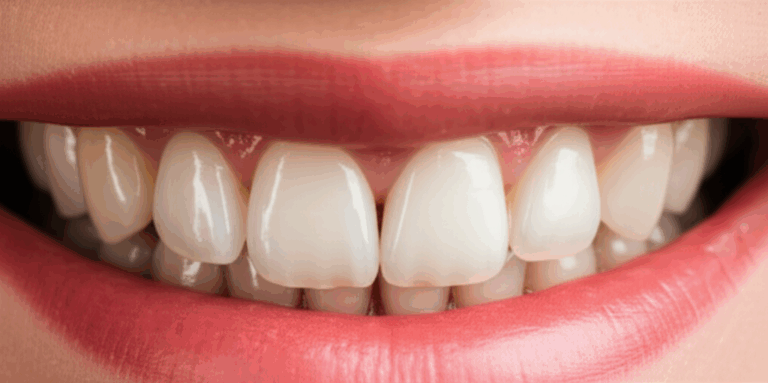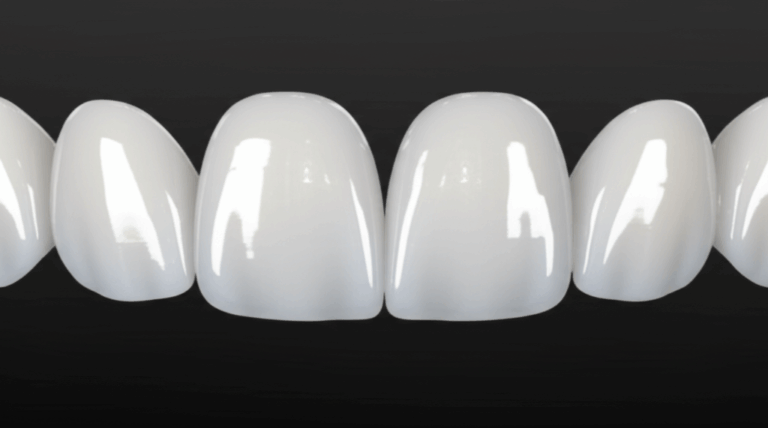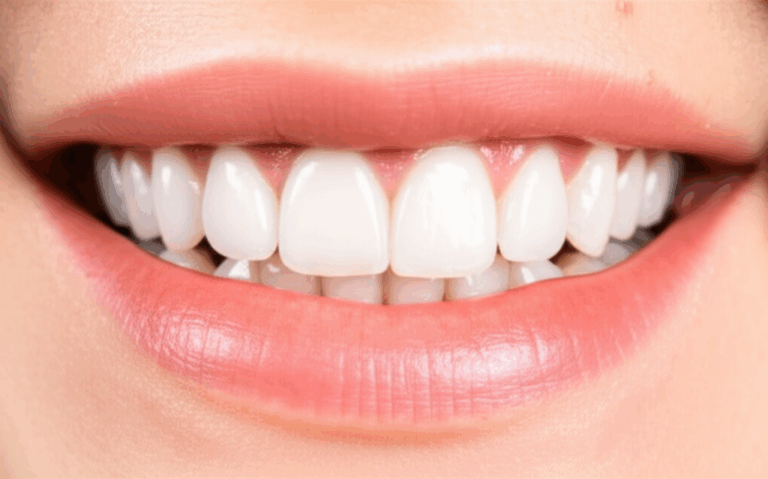
How Much Do Dental Implants Cost in Virginia? Your Simple 2024 Guide
Worried about missing teeth or not loving your smile? Are dental implant prices in Virginia just confusing? This guide will clear up your questions, give you clear numbers, show ways to save money, and help you pick what’s best for you in 2024. This might be the most useful thing you read before making a dental appointment!
Table of Contents
Why Do People Choose Dental Implants?
Ever feel embarrassed to smile because you’re missing a tooth? Maybe eating your favorite food just doesn’t feel the same. Missing teeth can make it hard to eat, talk, and even mess with how you feel about yourself. The problem is, missing teeth don’t just change how you look; if you ignore them, you might lose jaw bone or see your other teeth move out of place. That can hurt and make you feel older.
Dentures or bridges can help for a while. But they often feel strange, can slip around, and usually don’t last as long. If you want something closer to real teeth, dental implants fix these problems. Once you get an implant, it stays. You can eat what you want, smile with pride, and might even forget you lost a tooth. Implants are strong, last a long time, and keep your jaw strong. That’s why so many folks across Virginia—from Richmond to Roanoke—pick implants every year.
What Is the Average Cost of a Dental Implant in Virginia?
People always want to know: “How much does a dental implant actually cost in Virginia?” The short answer: It depends, but let’s talk real numbers.
Here’s what you should expect in 2024:
| Procedure | Usual Price Range in Virginia | What’s Covered |
|---|---|---|
| Single Dental Implant | $3,000 – $6,000 | Implant post, connector, fake tooth |
| Multiple Implants (2-4 teeth) | $6,000 – $15,000+ | Gets a bit cheaper for each tooth |
| Full Arch (All-on-4/All-on-6) | $18,000 – $35,000+ per arch | Full top or bottom set |
| Mini Dental Implants | $500 – $1,500 per implant | Often help steady dentures |
If you need bone added or other work, prices go up.
Remember: Big cities like Fairfax or Arlington usually cost more than smaller places like Roanoke or Williamsburg. Just like rent, where you live changes the price.
Why Does the Price of Implants Change So Much?
It can feel unfair—why do some dentists charge $3,500 and others $5,500? Here’s why prices can change a lot:
- Number of Teeth: One tooth is cheaper than a whole row.
- Type of Implant: Regular, fancy, or mini—each one has its own cost.
- Where You Live: In busy cities like Alexandria or Virginia Beach, dentists have higher costs, so you pay more.
- How Hard the Case Is: Need a bone fix, tooth pulled, or other mouth problems fixed? The price goes up.
- The Dentist’s Experience: A super-trained dentist might charge more than a general dentist.
- Materials and Tools: Better scans or fancier fake teeth cost more, but sometimes give you better results.
Think of paying for an implant like buying a car. The basics might be pretty set, but extras, better parts, or an expert doing the job will add to the final price.
What Is Included in a Dental Implant Bill?
Nobody likes hidden fees! Knowing what you pay for is important. Here’s what your bill might look like:
1. First Visit
- Dental check, x-rays, maybe a special scan.
- Cost: $100–$600 (can be free if you go ahead).
2. The Implant Surgery
- Dentist puts the metal post in your jaw.
- Cost: $1,500–$3,000 for just the post.
3. Connector
- The small part that joins the post to the fake tooth.
- Cost: $300–$600.
4. Fake Tooth (Crown)
- The “tooth” you see—could be porcelain, metal, or another material.
- Cost: $1,000–$2,500.
5. Numbing or Sleep Meds
- Could be simple numbing or full sleepy meds.
- Cost: $400–$1,000+ per visit.
6. Follow-Up Visits
- Check-ups and putting in the top tooth.
- Often free, or lumped into the main price.
Here’s an easy table:
| Cost Item | Typical Cost |
|---|---|
| Consultation & Pictures | $100 – $600 |
| Surgery for the Post | $1,500 – $3,000 |
| Connector | $300 – $600 |
| Crown | $1,000 – $2,500 |
| Numbing/Sleep Meds | $400 – $1,000+ |
| Total (Each Tooth) | $3,000 – $6,000 |
If you don’t get this kind of breakdown—just ask!
Do You Need Extra Procedures Before Implants?
Sometimes, getting an implant isn’t just putting in a new tooth. Your jaw needs to be strong enough, and sometimes teeth have to be pulled or the bone needs fixing first.
Here are some common extras:
- Pulling a Tooth: $75 – $500 each.
- Bone Building (Bone Graft): $500 – $3,000 (fixes weak jaw, often needed when teeth have been missing a while).
- Sinus Lift: $1,500 – $3,000 (helps put implants in the back upper jaw).
It’s kind of like building a house—it doesn’t make sense to build on weak ground. Your dentist will tell you if you need these and what they’ll cost.
Are Dental Implants Covered by Insurance or Payment Plans?
This can be tough. Most dental insurance only pays for a little of the cost, if any. Usually, insurance might help with pulling a tooth or x-rays, but rarely the full implant, abutment, and crown. In fact, most only pay up to a certain amount a year ($1,000–$2,000).
Sound tough? Many people feel the same.
But there are ways to make it easier:
- Payment Plans: Many offices let you pay each month, often with no or low extra charges. Sometimes you get up to two years to pay.
- CareCredit & LendingClub: These are outside companies that pay the dentist now, and you pay them back slowly (sometimes it’s like a credit card, but with better deals).
- Tax-Free Health Accounts: If you have an HSA or FSA through work, you can use those.
- Dental Discount Plans: Not insurance, but can save you 10%–40% if your dentist is in the plan.
- Dental Schools (like VCU): Students (with a teacher watching) do implants cheaper.
Want extra details on coverage? See this implant insurance explanation.
How Can You Find a Good and Money-Saving Implant Dentist?
If you’re on a budget (most people are), here’s how to get a fair price with good care:
One person in Richmond saved more than $800 just by checking prices at three offices. Someone else in Fairfax paid for a full set a little bit at a time using an office plan. It pays to compare!
What Are the Long-Term Benefits of Dental Implants?
Looking at the big bill can be scary—so why do people say implants are “worth it”?
1. Long-Lasting: With good care, dental implants can last a lifetime. Bridges might need to be replaced after 7–15 years. Dentures, even faster.
2. Feels Like Real Teeth: Eat, talk, and smile like normal. Chew steak, apples, or gum—with no worries.
3. Keeps Your Jaw Strong: Implants stop the jaw from shrinking, which often happens if you lose a tooth and don’t fix it.
4. Makes You Feel Better: No more hiding your teeth. Friends and family can see your bigger, happier smile.
Yes, implants cost more at first, but when you add up the cost of new dentures or fixing bridges over a lifetime, implants can actually save you money.
If you’re curious about how those new teeth are made, try this implant dental laboratory link for a behind-the-scenes look.
Can You Save Money By Comparing Options or Using Dental Schools?
Yes! Here are top money-saving tips:
- Dental Schools: Like Virginia Commonwealth University, where students (watched by teachers) do the work for less.
- New Patient Specials: Some clinics give free first visits or better prices if you get multiple implants. Just ask.
- Pay With Cash: Sometimes paying all at once gets you a better deal.
- Dental Savings Clubs: Some offices let you pay a flat yearly fee for special deals.
- Ask About Cheaper Materials: A regular tooth crown costs less than a really fancy one—don’t go big unless you have to.
- Try Local Labs: The place that makes your fake tooth also affects the cost, and sometimes you can ask where your new tooth is made.
Frequently Asked Questions
How long does it take to finish an implant?
Usually 4–12 months. This gives time for your mouth to heal before putting in the crown. If you need extra work, it could take longer.
Do dental implants hurt?
Feels like most dental surgeries. A few days of sore gums and cheeks, but most people handle it just fine with pain medicine.
What’s the difference between implants, crowns, and bridges?
An implant is a fake root and tooth. A crown is a cap for a broken tooth or the top part of an implant. A bridge is a fake tooth that uses nearby teeth for support. Implants don’t hurt other teeth.
Can implants go wrong?
Success is over 95%, but problems can happen if you smoke, don’t keep your mouth clean, or pick a dentist who isn’t good with implants. So keep up with cleanings and checkups!
Most Important Things to Remember
- Average dental implant cost in Virginia for one tooth: $3,000–$6,000.
- Ask for all-in-one prices and check different dentists, from Fairfax to Virginia Beach.
- Prices go up if you need extra steps, like bone building or tooth pulling.
- Insurance pays only a little; payment plans and dental schools help a lot.
- Go with skill and good work—not just the lowest price.
- Implants last, look, and feel the most natural—compared to bridges or dentures.
- Ask about savings for using trusted dental labs, new patient specials, or paying up front.
- Always get a clear breakdown of the full cost before you start.
- Keep them clean—just brush, floss, and see your dentist as usual.
Ready for a new smile? Want more info or help picking the right option? Check out our dentist guide, or see how a crown and bridge lab can help bring back your smile.
Your happier, more confident future is waiting!







